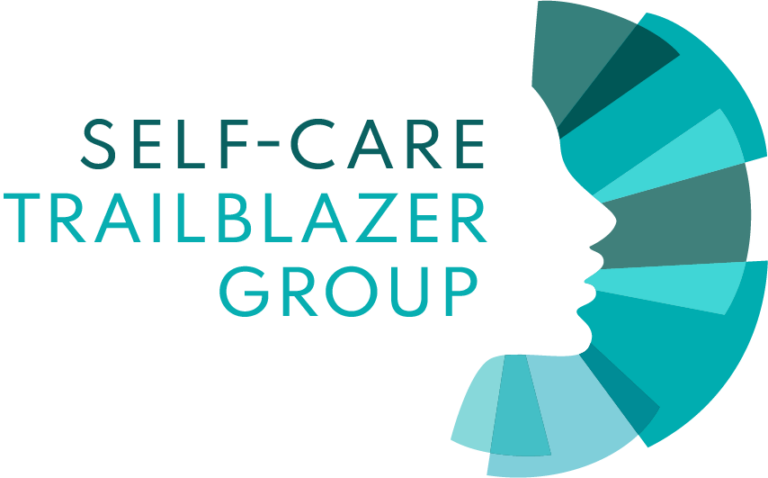The Government of Nigeria has taken a pioneering role in advancing self-care within the sexual and reproductive health (SRH) sector. By developing one of the world’s first national SRH self-care guidelines, Nigeria has laid a strong foundation to promote self-care practices throughout the country. The domestication of this guideline is a strategic move, not only for raising awareness about self-care evidence and best practices but also as a vital advocacy tool to integrate self-care into government funding, operational plans, and health resource strategies. Collaborating with the International Rescue Committee (IRC) Nigeria, White Ribbon Alliance-Nigeria, and other partners, the Federal Ministry of Health orchestrated an inaugural self-care in humanitarian and fragile settings inception meeting in July 2023. This initiative aimed to orient key stakeholders, particularly from regions grappling with crises, towards self-care, with the ultimate objective of extending sexual, reproductive and maternal health (SRMH) self-care to marginalized groups and populations affected by conflict and fragility.
Building the Framework:
The partnership forged between the government, implementing partners, and stakeholders, to build a coordinated, diverse, and influential self-care movement has marked significant strides in self-care advocacy in the country. This joint effort in a bid to expand the adoption of self-care interventions facilitates a meaningful exchange of ideas toward addressing the challenges and prospects of advancing self-care to serve vulnerable populations. Using the northeastern Nigerian state of Borno as a case study, stakeholders underscored the importance of tailoring self-care interventions to suit the diverse needs of different populations. Within this framework, three categories of communities emerged as critical to consider: accessible, partially accessible, and inaccessible communities.
Tailored Approaches:
For accessible locations, where functional health systems exist, leveraging these systems becomes a cornerstone for advancing self-care. Partially accessible communities, reachable via military escorts and United Nations helicopter transportation, necessitates specific delivery models that account for logistical complexities. While inaccessible communities require unique self-care strategies that acknowledge the distinct challenges in such environments. Amidst these distinctions, one common thread emerged: “Self-care holds a unique power to enable citizens especially women take charge of their SRH and is imperative to ensuring the wellbeing of populations in fragile settings.”
Setting the Stage – Three-Year Targets:
The global call-to-action for Sexual and Reproductive Health Self-Care in Humanitarian and Fragile Settings exudes a palpable sense of purpose, outlining ambitious yet attainable three-year targets. These targets pivot around three core pillars: enhancing coordination and partnerships, fostering a conducive environment for research, innovation, and learning, and increasing investment for SRH self-care within humanitarian and fragile contexts. Collectively, these pillars serve as bases for a multifaceted approach that seeks to revolutionize SRH outcomes in situations marked by upheaval.
Stakeholders at the workshop committed to the global targets which include:
- Strengthening coordination and partnership for SRH self-care across the humanitarian-development nexus.
- Advance advocacy on self-care for SRMH in humanitarian and fragile settings by leveraging established and existing platforms such as the Nigerian Governors Forum, the National Emergency Management Agency, the State Emergency Management Agency, and others.
- Increase investment for self-care for SRMH in humanitarian and fragile settings through governments and private donors, including philanthropists and corporate organizations via corporate social responsibilities.
Empowering SRMH in Fragile Settings:
The inception meeting solidified Nigeria’s commitment to the promotion and uptake of self-care and illuminated the way forward for enhancing access to SRMH in fragile settings. The alignment of stakeholders across governmental bodies and international partners signifies a collective push for this transformative change. Thus, by integrating self-care into the fabric of policy, funding, and planning, Nigeria is paving the way for a future where SRMH is within reach for all, regardless of the circumstances they face.
Conclusion:
Nigeria’s pioneering efforts in promoting self-care within the SRH landscape serve as a beacon of hope for marginalized and vulnerable populations affected by conflict and crisis. With a strategic self-care guideline, a collaborative approach among diverse stakeholders, and a commitment to tailor interventions to various contexts, Nigeria is well on its way to achieving equitable SRMH access, even in the most challenging circumstances. However, increased investments, a conducive atmosphere for research and innovation, and harmonized stakeholder engagement to propel the advancement of self-care among vulnerable populations remains crucial need to be fulfilled. As other nations combat similar challenges, Nigeria’s journey and accomplishments will continue to serve as a roadmap and learning curve for all advocating for self-care as a fundamental pathway to improving health outcomes amidst adversity.
Tahirat Omolara Eniola: TahiratOmolara.Eniola@rescue.org (International Rescue Committee)
Francis Junior Ojemu:Francis.JuniorOjemu@rescue.org (International Rescue Committee)
Jennifer Adebambo Jadebambo@wranigeria.org (White Ribbon Alliance-Nigeria)
